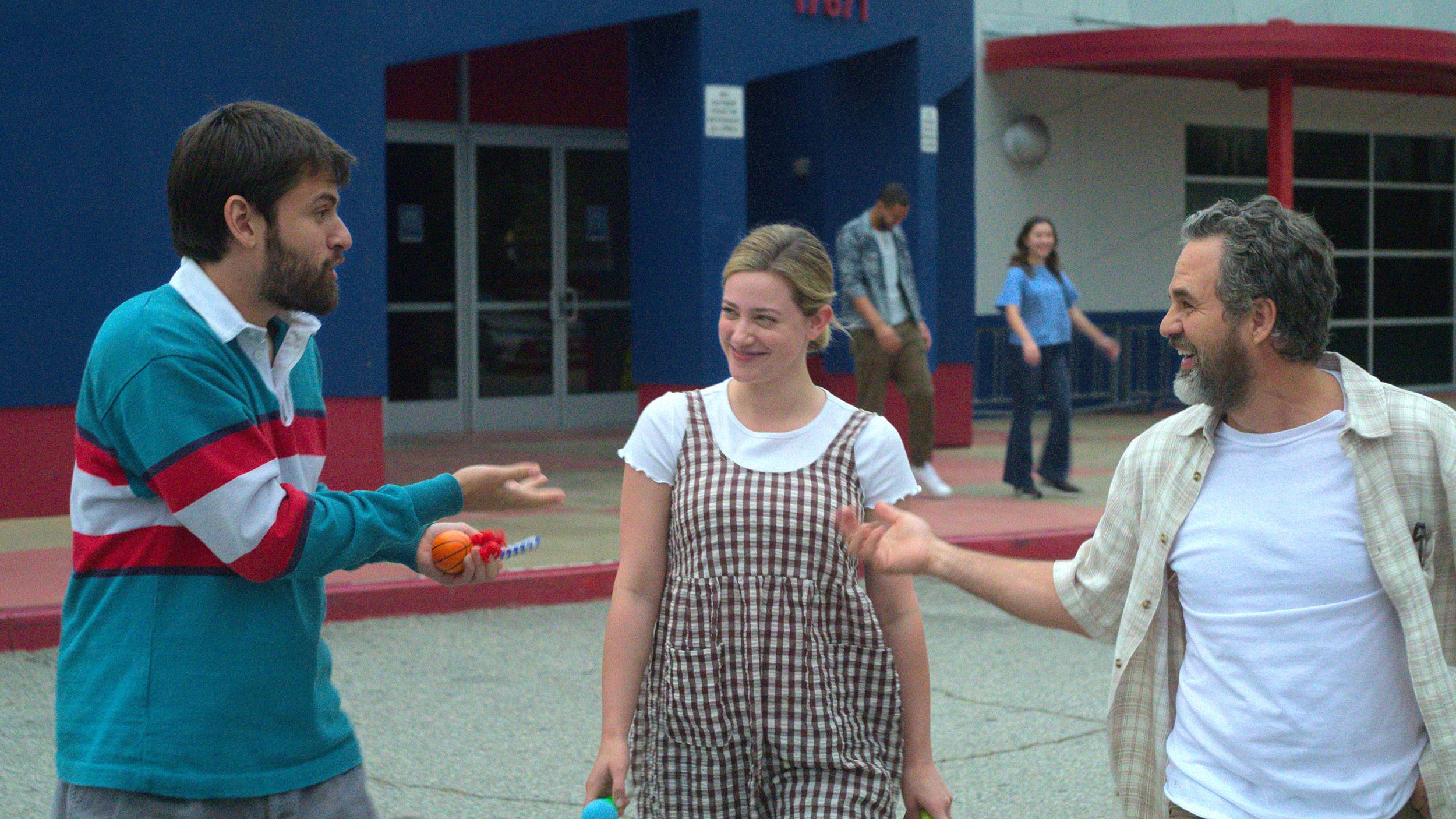‘Hal & Harper’ - Review
Time doesn’t move the same way for everyone in Cooper Raiff’s new series, Hal & Harper. For the siblings it revolves around, time fractures the moment their mother dies — a single event that thrusts them into adulthood while leaving parts of them frozen in childhood’s amber. The eight-episode series, which premiered at Sundance and is now in search of distribution, uniquely captures this fractured sense of time: actors Lili Reinhart and Raiff play their respective characters both as adults and as children after their mother’s death, while child actors portray who they were before loss rewrote their lives.
On a technical level, Hal & Harper excels with gorgeous shots and phenomenal performances. But the show’s power is found on a personal level; Hal & Harper held a mirror to my own relationship with grief, a reminder that the most powerful stories are the ones that reflect our own struggles back at us with clarity and compassion — and sometimes, in an entirely new light.
Growing up, death, for me, was never that single, isolated, shattering event like it was for Hal and Harper. It was always there, but in the background as something I was aware of but didn’t really feel. Amidst my high school’s high-stress environment, stories of recent academic-related suicides lurked as a quiet threat. The suicides weren’t just rumors or stories; they were real, even if they happened to kids we didn’t know well—someone from another school or in a grade above or below us. These stories–and the intense pressure to achieve–stuck. I remember being fifteen and talking people out of it–many of my friends doing the same–fumbling for language we didn’t have yet while searching for the right thing to say. We saw death as another problem to solve, another test to pass. It gave us this false sense that we could outsmart death, like we’d figured something out. We built our own support systems, patting ourselves on the backs for being so mature, so wise. But come true loss, little did we know we weren’t. We were just kids playing at being adults.
Harper, played by Reinhart, carries another kind of premature wisdom, but her wisdom comes from a place of real bereavement, not the abstraction I knew. Whether she’s playing her nine-year-old self with unsettling composure or her adult self, trapped in cycles of compulsive caretaking, Harper shows us what it means to learn too early that love often means carrying someone else’s pain. She knows death intimately; I only thought I did.
The show expertly examines the way trauma twists and shapes connection. When Hal climbs through Harper's window at 3 AM for their ritual McDonald's run, we see the purest version of their dynamic. Their relationship exists in its own orbit, a codependency forged in the fire of shared grief. Raiff’s Hal is desperate to be seen, to matter, especially to his sister who spends most of her time with him. Their dynamic is a rare kind of intimacy, one born from absence or the constant threat of it, but which binds them closer together.
In high school, I spent years cultivating my own illusion of control over death through calculated attempts at cultivating comfort and closeness with those around me, carrying around false maturity like a badge of honor while identifying as the ‘therapist friend.’ But when, in college, a close friend of mine died from suicide, that illusion shattered. Death was no longer theoretical; death was real and completely beyond my grasp. All those moments I spent deluding myself into thinking I had a true understanding of loss were just a performance. While Hal and Harper’s early confrontation with death forced them to grow up too fast, my confrontation was a rude awakening that taught me how much I’d failed to grow up at all while pretending I already had.
Hal & Harper nails the moments where our relationships with death and maturity reveal themselves as far more complicated than we’d like to admit. Raiff’s direction elevates these nuances through the smallest details: the way Harper’s voice softens when she’s comforting someone, the slightly too-long hug between siblings, the way Hal shields himself with humor to keep real connection at arm’s length. These moments limn something achingly real, a portrait of survival that feels familiar to anyone who’s had their understanding of mortality upended.
For Hal and Harper, the result of facing death too soon is a state of arrested development. For me, it came from the arrogance of thinking I could outsmart it. In the aftermath of my friend’s death, I swung wildly between overcompensating with responsibility and regressing into childishness, finally forced to come face-to-face with how much emotional growth I’d skipped in my rush to seem “grown up.” The show evokes that pendulum swing with honesty, even if its characters’ starting point is different from mine, replicating almost an inversion of my experience. Seeing this struggle reflected on screen was a touching reminder that my own path is not as singular as I once thought.
In an era where television often mistakes shock for depth, Hal & Harper is its own kind of gem. Some shows entertain; others help us understand ourselves. Hal & Harper does both, creating something rare. It’s as artistically ambitious as it is emotionally honest. Whether trauma crashes into your life or slowly trickles in, real maturity isn’t about controlling it. It’s about realizing you never could.


